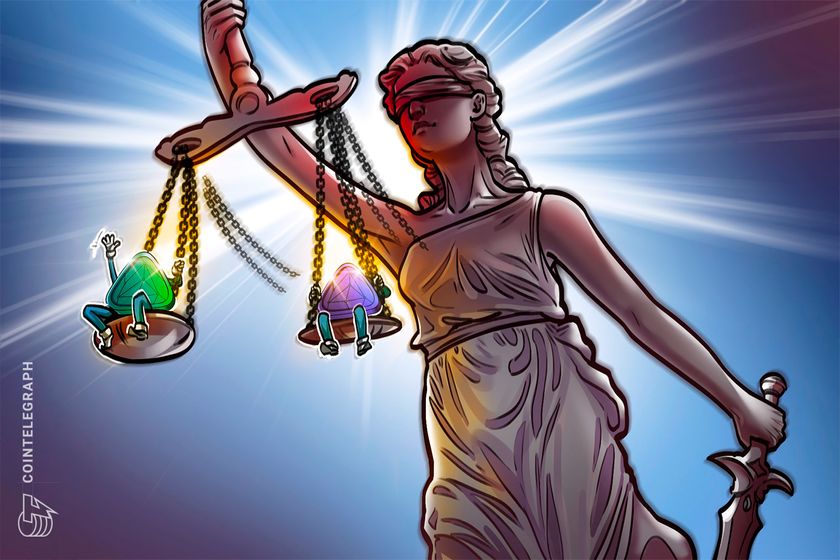Study: Insider trading occurs in 10% to 25% of cryptocurrency listings
The study found abnormal levels of return in a sample of tokens just before their listing announcement on Coinbase.
171 Total views
5 Total shares

According to a recent study conducted by the University of Technology Sydney, researchers estimated that insider trading occurs in 10% to 25% of cryptocurrency listings.
In deriving the conclusion, researchers first sampled 146 token listing announcements on cryptocurrency exchange Coinbase between September 25, 2018, and May 1, 2022. Afterward, researchers examined the price movements of the sampled tokens in the time interval of 300 hours before Coinbase listing announcements up until 100 hours after the announcement, on various exchanges.
The hypothesis was that if insider trading was involved, tokens that were also available to trade on decentralized exchanges, or DEXs, before the listing would see abnormal returns compared to those not listed on DEXs. Researchers claim that statistically significant levels of abnormal returns, 10% to 25% of the tokens studied, were observed and that the price patterns on DEXs immediately before the Coinbase listings were similar to “run-ups” witnessed in known cases of stock insider trading.
Additionally, a small subset of wallet addresses on the aforementioned DEXs was suspected of strong accumulation and then quick disposition of tokens after the Coinbase listing went live. The study, still in the draft status, has not been peer-reviewed.
The scopes of studies are normally limited by their ability to prove causation on top of correlation, or that the abnormal returns in the study can be definitely attributed to traders with non-public information accumulating ahead of time. Coincidently, around the same time the paper was submitted, the U.S. Department of Justice charged a former Coinbase executive with insider trading. The exec has since pled not guilty.








